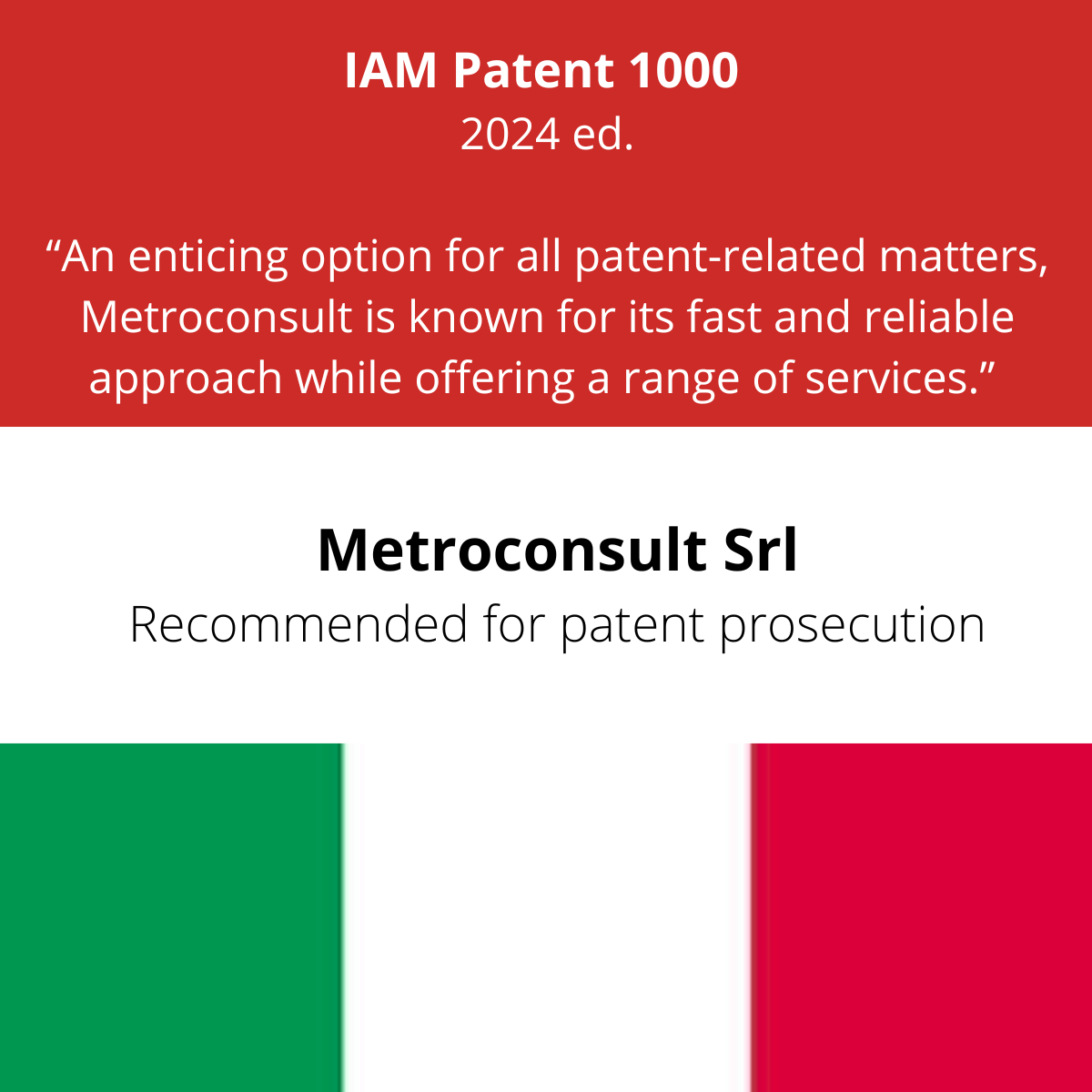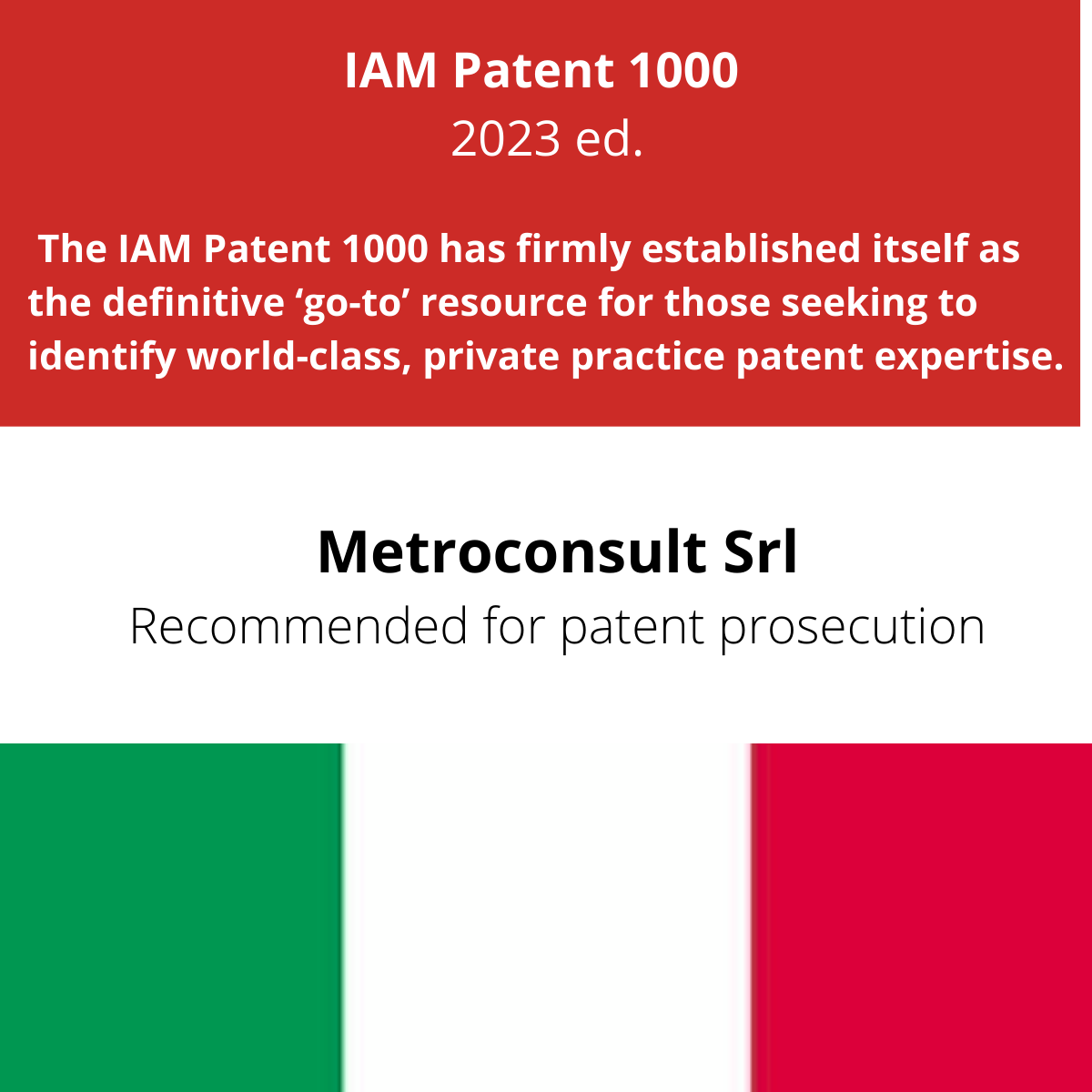Supporting SMEs to succeed with Open Innovation
“Building stronger Intellectual Property strategy capabilities: Supporting SMEs to succeed with Open Innovation” is a European Commission study, which analyses SMEs and the relationship between Intellectual Property (IP) and Open Innovation (OI).
Many SMEs pioneer new technologies, products, services and software and they are more frequently engage in collaborations with a wide range of partners (the so-called Open Innovation).
Their Hard-IP (e.g. patents, trademarks) and often more their Soft-IP (e.g. data, know-how) represent a considerable value to their business. However, many SMEs still lacks of awareness and understanding on how to deal with Intellectual Property (IP).
The study highlights how IP – including patents, utility models, designs, but also trade secrets, data and know-how – could facilitate or hinder OI. On the question of whether IP is an enabler or a barrier, it is clear that IP is a key enabler of collaboration. However, the lack of capabilities in managing IP can act as barriers.
To maximize their business opportunities SMEs need a better strategic understanding of IP. In particular, SMEs face four challenges associated with OI projects:
- SMEs hardly think strategically about IP – SMEs understand some ‘IP essentials’, but lack of in-house expertise/experience in managing IP strategically. This causes challenges, for instance, when negotiating collaboration agreements not only with other SMEs, but particularly with large firms.
- SMEs find it challenging to articulate/specify Background-IP, particularly Soft-IP – Many SMEs recognize difficulties of identifying relevant Background-IP causing the risk that it could be claimed by an OI partner as Foreground-IP during an OI project. In addition to that, while Hard-IP can be more clearly identified, SMEs have more difficulties in defining Soft-IP.
- SMEs lack IP negotiation skills, particularly in bilateral, high-risk-high-reward OI projects, particularly the inexperience with IP risk assessments, agreeing upon the terms to own and share Foreground-IP and the lack of experience with dividing responsibilities amongst OI partners.
- SMEs face challenges because of organisational asymmetries – Organisational asymmetries occur due to strategic misalignment between OI partners; differences in culture and mindset due to varying IP openness; different approaches to contract formality; and risk tolerance.
Read the report “Building stronger Intellectual Property strategy capabilities: Supporting SMEs to succeed with Open Innovation”







